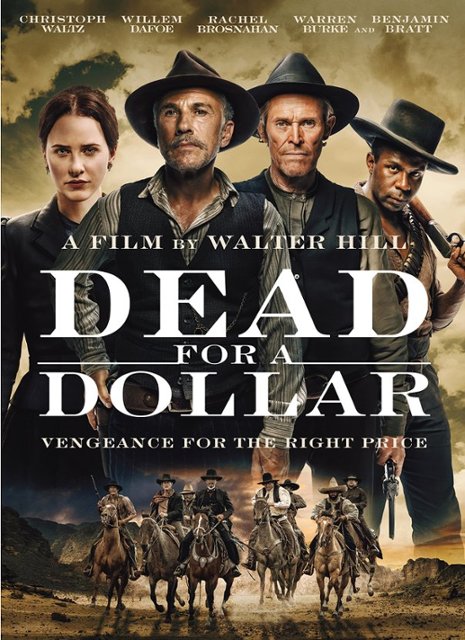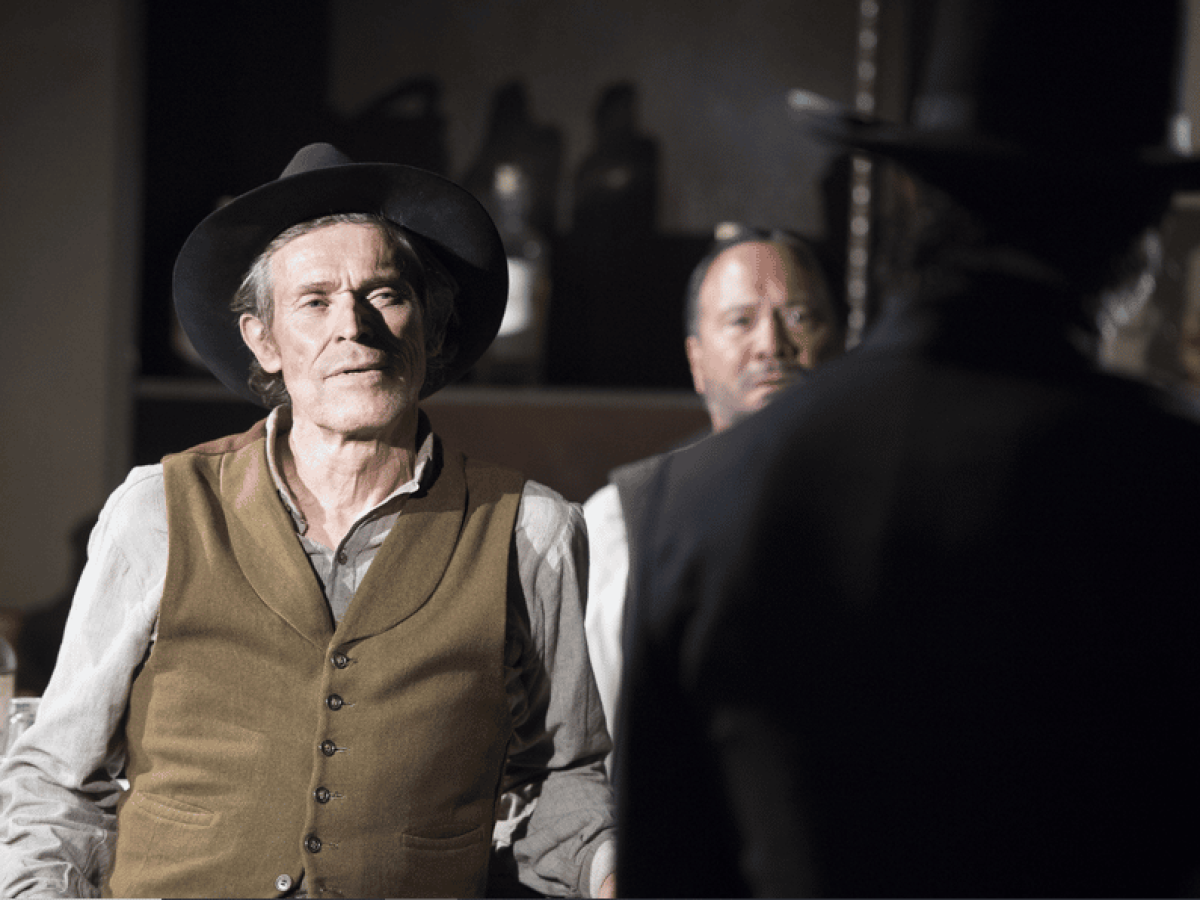FOXTROT LAMONT
One Too Many
- Messages
- 1,722
- Location
- St John's Wood, London UK
The Oscar buzz around London's City is ELVIS and All Quiet Western Front got nod. I like Brendan Fraser over Austin Butler. Ana de Armas for Blonde.
A Man Called Otto. My mother read the book, and effectively dragged me to the theater to see this one. Hanks plays Otto as if I've known him my whole life. Otto might as well be my own father.
View attachment 483618
The Dam Busters from 1955 with Michael Redgrave and Richard Todd
The Dam Busters is a heck of a good WWII tale well suited for the post-war British movie industry, which excelled in straightforward storytelling in crisp black and white cinematography with modest special effects.
The idea to use a "bouncing bomb" to "skip" over the water and blow up a dam was conceived in the mind of the English scientist Barnes Wallis, portrayed here by Michael Redgrave.
He believes this bomb could be used to destroy several dams in Germany's industrial region, with the ensuing flooding meaningfully reducing German war output. The only problem is he hasn't yet invented the bomb, tested it or convinced the British military to back it.
The Dam Busters starts with Wallis experimenting with marbles skipping across the top of a small water tank and, then, takes you through the scientific developments necessary to make and deliver the bomb. Along the way, we see Wallis conduct a personal campaign to bring the military brass onboard.
It has all the elements of an outstanding war-time story: a socially awkward genius scientist, a potentially devastating new weapon, high-level military decision making, the ups and downs of any weapon development, the heroic (that's the right word) squadron of young men who train to deliver the new weapon and the nail-biting mission that attempts to deploy it.
Director Michael Anderson, like many English directors of that era, didn't weigh his story down with subplots about girlfriends or a navigator avenging his father's death at the hands of the Kaiser's troops in WWI and he didn't use flashback sequences or other artistic techniques for dramatic effect, he just started with the bomb being conceived and ended with its attempted use.
Along the way, you come to love Redgrave's portrayal of Barnes Wallis as you appreciate Wallis' brilliance, but also his drive to help the war effort and the bomber crews, despite his quirky social skills. You'll be moved by the deep concern Redgrave’s Wallis displays at knowing how many human lives have been put at risk because of his idea.
You also come to respect the bomber crews headed by Richard Todd portraying real life British war hero, wing commander Guy Gibson. He and his crew were genuine examples of "the few" from Churchill's famous quote: "Never in the field of human conflict was so much owed by so many to so few."
Thankfully, director Anderson had the confidence to build his story thoughtfully and not just flit from scene to scene like today where the director is afraid if every second of screen time isn't filled with action or scintillating dialogue (or naked bodies), he'll lose his audience.
By building its story, the movie "earns" its climatic attack-on-the-dams scene as the audience appreciates the science, intelligence, determination, training, sacrifice and courage that led up to that moment. You hardly notice the modest special effects at that point because you're that vested in the men and their mission.
Had The Dam Busters been made in Hollywood, it most likely would have been a darn good movie, too, but it would have had a pretty young love interest worried her handsome pilot fiance wouldn't make it back, several subplots that "smartly" tied into the main narrative and impressive special effects.
Kudos to British cinema for knowing a good story is often told best when told simply. The Dam Busters benefited from its limited budget, confident filmmaker and talented actors as even today, nearly seven-decades later, it's still a heck of an entertaining movie.
View attachment 483619
The Krays: Code of Silence - on Prime. I've always found the Krays interesting - as much for the way their mythology has been built as anything, and how they are viewed as folk heroes and folk demons all at once, depending on whom you ask. I've watched most of the films and find it interesting how the filmmakers play up to these different images. This is the most recent such picture, but what makes it really interesting is that it's not directly about the Krays themselves. They do appear - as bit parts (and probably, of all the versions, these feel the closest to the real thing, both in looks and the way they behave in context). The real core of this story, however, is Nipper Reed and his operation that brought them down. Really interesting to see it from this angle, a refreshing change. Good film, worth watching if you are interested in this sort of thing. Superb representations of London in the period too. A compelling, police procedural rather than the usual 'gangster action flick'.
Sort of a Morse meets Krays? 'Omerta' Anglo-Saxonized with the sleuth period scene looks interesting.
I found it enjoyable. Plenty of twists and villains to loathe. Craig's "Southern" accent sounds more like "Foghorn Leghorn" than any white southerner I've ever met... Still in all I found it a fun watch. You could pay more and do worse.A look at Craig's Glass Onion trailer. A bit too soon off Bond for the cockney sleuth with a Bondish scenario. Pass.
Any takers ? Please give shout.
I found it enjoyable. Plenty of twists and villains to loathe. Craig's "Southern" accent sounds more like "Foghorn Leghorn" than any white southerner I've ever met... Still in all I found it a fun watch. You could pay more and do worse.
Worf



 John Lofgren Monkey Boots Shinki Horsebuttt - $1,136 The classic monkey boot silhouette in an incredibly rich Shinki russet horse leather.
John Lofgren Monkey Boots Shinki Horsebuttt - $1,136 The classic monkey boot silhouette in an incredibly rich Shinki russet horse leather.  Grant Stone Diesel Boot Dark Olive Chromexcel - $395 Goodyear welted, Horween Chromexcel, classic good looks.
Grant Stone Diesel Boot Dark Olive Chromexcel - $395 Goodyear welted, Horween Chromexcel, classic good looks.  Schott 568 Vandals Jacket - $1,250 The classic Perfecto motorcycle jacket, in a very special limited-edition Schott double rider style.
Schott 568 Vandals Jacket - $1,250 The classic Perfecto motorcycle jacket, in a very special limited-edition Schott double rider style. View attachment 485369
One of the best movies about making movies. Kirk Douglas as a despicable movie producer. Different segments show why a writer, actress, director, rightly so, hate him and yet are still drawn to work with him.